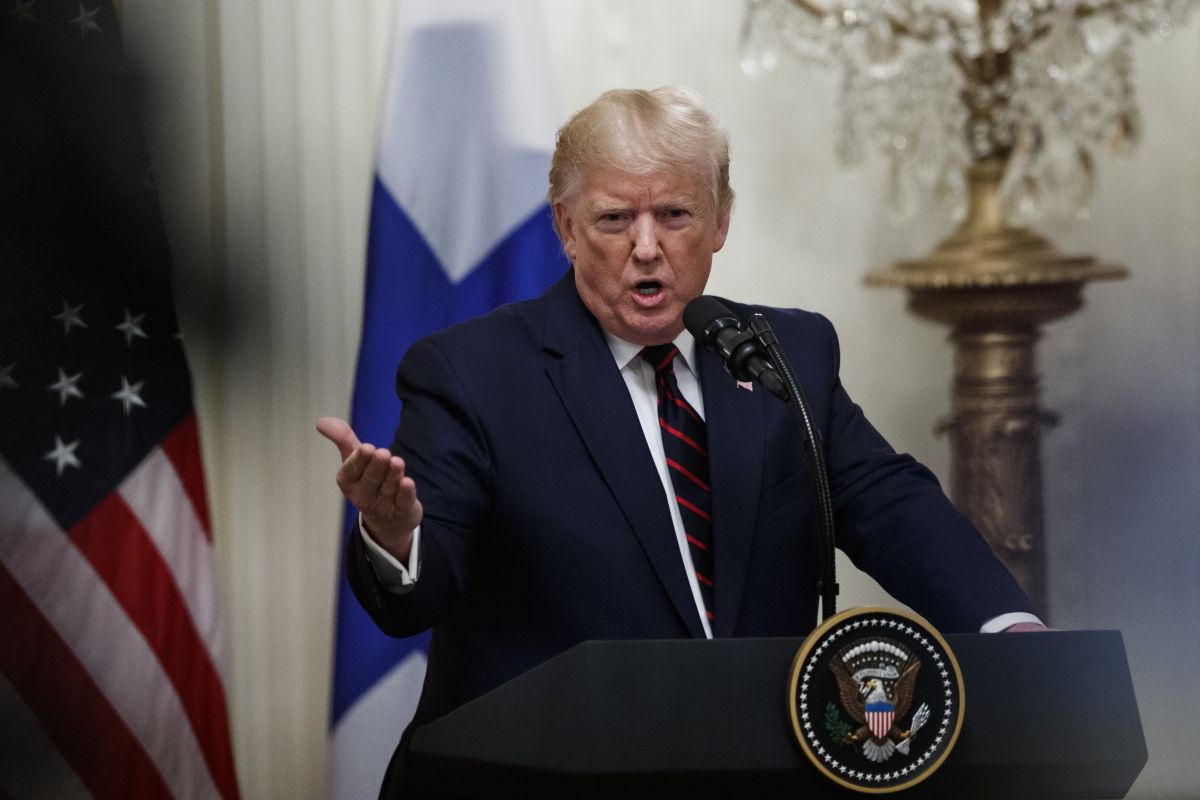The United States, Mexico and Canada signed a deal on Tuesday to finalize their new trade agreement that paved the way to ratification after more than two years of arduous negotiations.
“President Trump impeachment hearing in the US Senate would likely delay Congressional ratification of the agreement until next year”, Senate Majority Leader Mitch McConnell said.
Advertisement
It is the second time the three countries have triumphantly announced the conclusion of the United States-Mexico-Canada Agreement (USMCA), the deal meant to replace the 25-year-old NAFTA, which President Trump complains has been “a disaster” for the US.
Earlier on Monday, US House Democrats reached a tentative agreement with labor leaders and the White House over a rewrite of the US- Mexico-Canada trade deal that has been a top priority for President Donald Trump.
House Speaker Nancy Pelosi said that she expected the final language of the US-Mexico Canada Agreement to be set by Tuesday, which would bring Democrats to a “moment of truth” on whether to proceed to passage.
Last year, US Trade Representative Robert Lighthizer negotiated the replacement agreement with Canada and Mexico.
In 2018, President Trump called NAFTA “the worst trade deal in history” during his election campaign, and also said that the name has “bad connotations” and he plans to scrap it as he attempts to strike better trade deals with US neighbours.
The final deal, which must now be ratified in all three countries’ legislatures, will replace the 1994 North American Free Trade Agreement, the historic pact that erased nearly all tariffs across the region, deeply integrated its economies and helped turn Mexico into an export powerhouse.
Under NAFTA, the region — which represents close to 30 per cent of the global economy and is home to nearly 500 million people — did $1.2 trillion in a trade last year.
Mexican President Andres Manuel Lopez Obrador, who presided over the signing ceremony, said the deal “will benefit both Mexican and American workers.” He hailed it as a “driver of growth” for all three countries’ economies.
Mexico emphasized that there would be no American “inspectors” visiting Mexican factories or businesses, but rather panels of “independent labor experts” which Mexico would help to choose.
(With inputs from agency)











